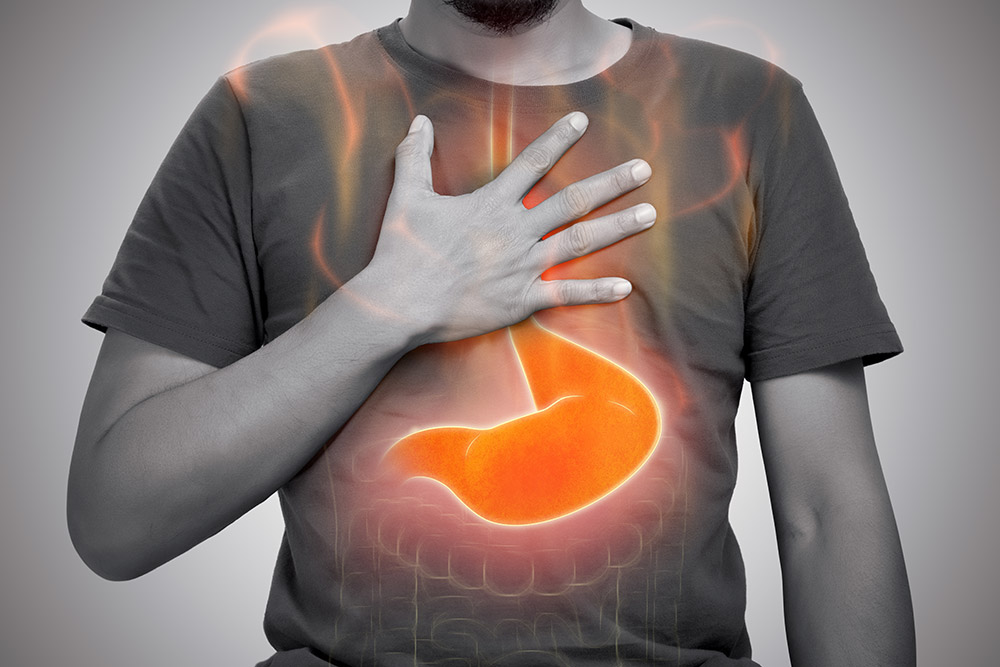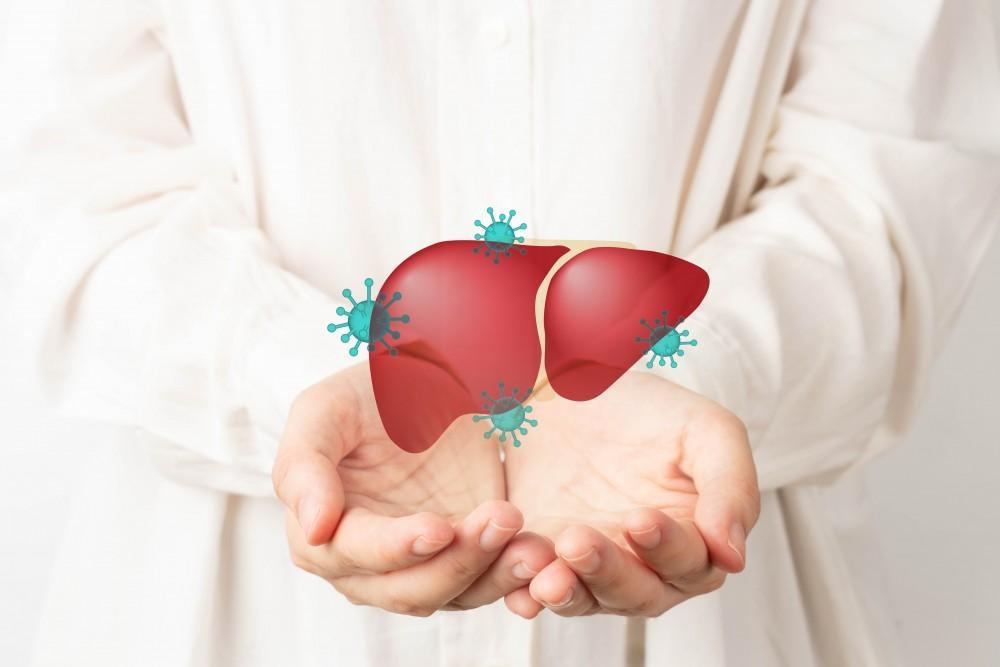Expert Treatment for Ulcerative colitis by Dr. Bharat Pothuri
Dr. Pothuri uses a step-by-step approach:
Medical History and Exam
He reviews your abdominal pain pattern-especially epigastric discomfort-stool frequency, presence of blood or mucus, weight changes, and family history of inflammatory bowel disease.
Blood Tests
We check for anemia, inflammatory markers (CRP, ESR), and nutritional deficiencies (iron, B12, folate).
Stool Studies
- Stool cultures and C. difficile toxin to exclude infections.
- Fecal calprotectin or lactoferrin to quantify intestinal inflammation.
Endoscopic Evaluation
- Colonoscopy with targeted biopsies to visualize ulcerations, assess disease extent, and confirm ulcerative colitis histology.
- Upper endoscopy (EGD) when epigastric pain persists, to rule out peptic ulcer disease or gastritis.
Imaging Studies (if needed)
CT or MR enterography to evaluate disease distribution, complications (strictures, abscesses), or to clarify atypical findings.
Advanced Testing
Capsule endoscopy may be considered for small-bowel assessment if symptoms or imaging suggest involvement beyond the colon.

Frequently Asked Questions
What is ulcerative colitis?
Ulcerative colitis is a chronic inflammatory bowel disease that causes ulcers and inflammation in the colon and rectum.
What are common symptoms?
Symptoms include abdominal pain, bloody diarrhea, urgency to go, fatigue, and weight loss.
What causes ulcerative colitis?
The exact cause is unknown, but it likely involves an abnormal immune response, genetics, and environmental triggers.
How is ulcerative colitis diagnosed?
Diagnosis involves colonoscopy, stool tests, blood work, and sometimes imaging like CT or MRI enterography.
Is there a cure for ulcerative colitis?
There's no cure, but many patients manage it well with medications, lifestyle changes, or surgery in severe cases.
What treatments are available?
Treatment options include anti-inflammatory drugs, immunosuppressants, biologics, and sometimes surgery like colectomy.
Can diet affect symptoms?
Yes. While no specific diet cures UC, certain foods can trigger symptoms. A GI doctor or dietitian can help guide your choices.
Is ulcerative colitis the same as Crohn's disease?
No. Both are IBDs, but Crohn's can affect any part of the digestive tract, while UC is limited to the colon and rectum.
Can ulcerative colitis increase cancer risk?
Yes. Long-term inflammation may raise colon cancer risk. Regular colonoscopies help detect early changes.
When should I see a specialist?
If you have ongoing digestive symptoms, blood in stool, or family history of IBD, consult a gastroenterologist for evaluation.












